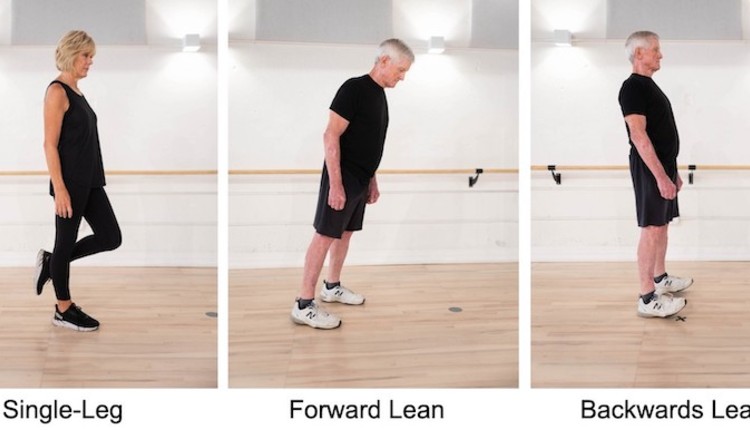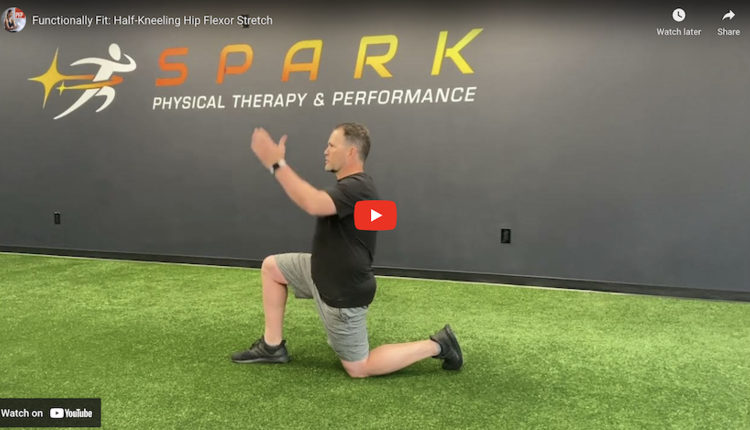The landscape of the fitness industry and the personal training field has evolved dramatically over the last decade. As American consumers begin to be more and more concerned with their own health and well-being, the traditional focus on health care has expanded to integrate the fitness component. Therefore, the role of the fitness professional, specifically, the personal trainer, has taken on more prominence in the eyes of the industry and its consumer. With the consumer's growing dependence on the personal trainer for not only physical improvement, but for overall health changes, the credibility, knowledge and qualifications of these professionals have come under scrutiny. Yet as crucial improvements and requirements of personal trainers have recently been overhauled, this field is vast and, at times, unstructured. And as the fitness job market continues to swell, many young trainers are left adrift, not knowing exactly what is expected of them. For the inexperienced personal trainer, preparing oneself to successfully land a position in this industry can be a difficult task, as many gyms, health clubs and small studios can and do have a varying opinion on what they're looking for in their staff. However, listening to employers' vantage point in regards to their hiring process can be the first step in navigating what it means to really be qualified.
Certification or Education?
While most in the industry agree that education is a must-have in becoming the most well-rounded professional, what that education specifically entails is up for debate. In the past, the requirements of education for employment was often an either/or situation. However today, this professional prerequisite is not so cut and dried. Not surprisingly, most facility employers require or prefer a four-year degree in a health-related field. However, this credential is only a component of what employers are now looking for in their personal trainers. Most interview processes incorporate an application exam or section with potential employees. According to Terra Yeske, the Regional Training and Development Manager for Gold's International, one of the largest co-ed gym chains in the world, with more than 600 facilities in 43 states and 25 countries, "This practical exam shows the competency of the personal trainer and [his or her] knowledge-base. Unfortunately, some degrees don't have a lot of hands-on practical education." Similarly, Wellbridge, the creator of upscale athletic clubs, spas and wellness center, utilize this crucial exam to evaluate the trainer's true skill. "They [personal trainers] come into the health club setting, and we actually take them through kind of a mock program, asking them to demonstrate their technical, hands-on skills [i.e., blood pressure and heart rate assessment, cardiovascular assessment, resistance assessment, etc.]. Depending on how they score on that practical (minimally, 80%), determines their eligibility for hire," explains Heather Morgan, the Regional Personal Training Manager for the Wellbridge southwest region. This practical exam oftentimes offers the employer a real, in-depth look at the trainer. "Anyone can memorize a textbook. But, in reality, many do not know how to apply what they've learned. In fact, some of the worst trainers I've ever seen have been the most highly qualified because they're so book-smart, but they have no rapport, no ability to translate it to the workout," says Forest Walden, the Regional Director of the Fitness Together Franchise.
Although many employers are beginning to require formal education, most still look to certifications as an important qualification. With literally hundreds and hundreds of certifications out in the industry, it is a challenging selection process for young personal trainers. However, choosing the right certification can increase the chance of employment. Yeske at Gold's International outlines the gym's preference. "After 90 days, you need to complete a Gold's Gym nationally accredited and approved certification, which we have nine on our ' approved certification list: NASM, ACSM, NSCA, ACE, AFAA, NPTI, NBFE, NATA, NCSF." While Wellbridge requires their personal trainers to have NASM, ACSM, ACE, NSCA.
Continuing Education Continues
However, educational requirements do not just end with hire. Most employers demand that their employees continue to become educated. As the industry changes, evolves and progresses, fitness professionals are being pushed to remain on the cutting-edge of such change. And some employers are taking this idea one step further, making CE a requirement of continued employment. "We provide continuing education on an ongoing basis for our trainers. We do in-house continued education workshops, (on a quarterly basis). And we also mandate personal training sessions on the net, where our personal trainers complete online workshops, which are assigned monthly. These are mandatory and are a requirement of employment," explains Morgan. While other facilities, like Gold's International, tracks all re-certification and CE through a roster that is linked to their payroll department to ensure that all personal trainers are up-to-date and meeting all of their CE requirements.
Personal Trainers of the Future
Whether you have a four-year degree, a certification or on-site experiences, what the health club or gym is looking for in their trainers is continually changing and evolving. So, what can the personal trainer looking to end up in these kind of facilities do? "They have to want it and be willing to work for it. Our facility is not a place where someone just walks up to you and says, 'I want to train with you.' You have to conduct yourself professionally every single day you are in the clubs and you have to lead by example," advises Morgan. It seems that the requirements of hire (i.e., education and experience) are only half of the battle in landing your dream job. With determination, passion and thoroughly being educated, textbook and application-based, you will be the well-rounded employee that fitness directors will clamor for. "For me, it's passion and the desire to really help people. That's really what separates the good ones from the great ones. While the good ones have people skills and knowledge about fitness, they don't necessarily have the passion to help people and a passion for what they're doing," says Walden.












